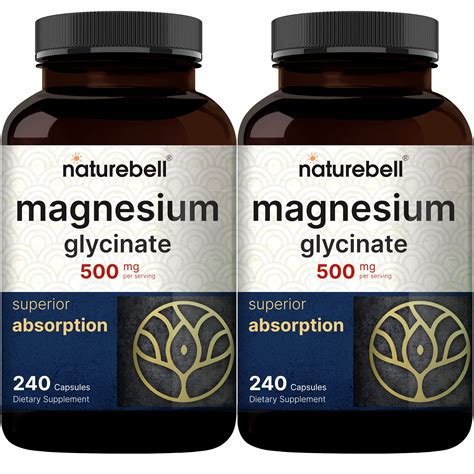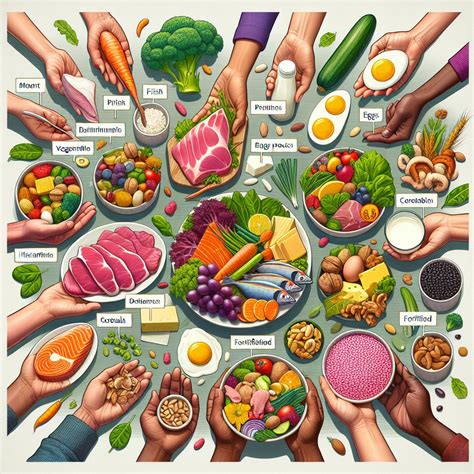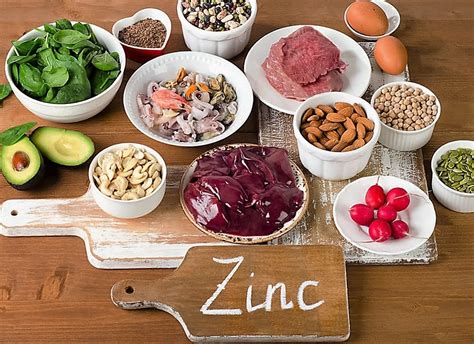The Hidden Engines: Why Micronutrients Matter More Than You Think
In the quest for peak physical performance and sustained energy, men often prioritize macronutrients like protein, and rightly so. Protein is fundamental for muscle repair, growth, and satiety. However, a diet rich in protein alone doesn’t guarantee optimal ‘fuel’ efficiency. The real unsung heroes of male vitality and energy production are often a handful of micronutrients – vitamins and minerals – that frequently go overlooked. These tiny powerhouses facilitate countless biochemical reactions, transforming food into usable energy, supporting hormone balance, and ensuring every system runs smoothly. Ignoring them can lead to persistent fatigue, poor concentration, and a general feeling of being ‘underpowered’.
Magnesium: The Master Mineral for Energy Production
Often dubbed the ‘relaxation mineral’, magnesium’s role extends far beyond calming the nerves. It is a critical cofactor in over 300 enzymatic reactions in the body, including those directly involved in energy production (ATP synthesis). Without sufficient magnesium, your body struggles to convert food into energy efficiently, leading to persistent fatigue, muscle weakness, and even cramps. Many men, especially those who are highly active or consume processed foods, are deficient in this vital mineral.

Why it’s overlooked: Symptoms of deficiency can be subtle and easily attributed to other factors. Plus, modern farming practices have depleted soil magnesium levels, making it harder to obtain sufficient amounts from food alone. Good sources include leafy green vegetables, nuts, seeds, whole grains, and dark chocolate.
Vitamin D: The Sunshine Nutrient with Far-Reaching Impact
While commonly associated with bone health, Vitamin D, often called the ‘sunshine vitamin’, plays a much broader role in men’s health, significantly influencing energy levels, mood, and even testosterone production. Receptors for Vitamin D are found throughout the body, including in cells responsible for energy metabolism. Low levels of Vitamin D are increasingly linked to chronic fatigue, muscle weakness, and impaired immune function.

Why it’s overlooked: Despite its importance, Vitamin D deficiency is pandemic. Reduced sun exposure due to indoor lifestyles, use of sunscreen, and geographical location mean many men don’t synthesize enough Vitamin D. Dietary sources like fatty fish, fortified dairy, and eggs are often insufficient to meet daily needs, making supplementation a common necessity.
B-Vitamin Complex: The Energy Powerhouses
The B vitamins (B1, B2, B3, B5, B6, B7, B9, B12) are a group of water-soluble vitamins that work synergistically and are absolutely essential for energy metabolism. They act as coenzymes in converting carbohydrates into glucose, metabolizing fats and proteins, and producing ATP. Specifically, B12 and folate (B9) are crucial for red blood cell formation, which carry oxygen to all tissues, directly impacting energy. A deficiency in any B vitamin can lead to sluggishness, fatigue, and neurological issues.

Why they’re overlooked: While many B vitamins are found in a variety of foods, modern diets often lack the diversity needed. Restrictive diets, high alcohol consumption, and certain medications can deplete B vitamin stores. Furthermore, B12 absorption can be an issue for older men or those with digestive disorders, often requiring fortified foods or supplements.
Zinc: A Cornerstone for Male Vitality and Metabolism
Zinc is a trace mineral that plays a crucial role in immune function, wound healing, and cell division. For men, it’s particularly important for testosterone production and sperm quality, both of which can impact energy, mood, and overall vitality. Zinc also participates in carbohydrate metabolism and protein synthesis, directly contributing to the body’s ‘fuel’ efficiency. A deficiency can manifest as low energy, impaired immunity, and even hair loss.

Why it’s overlooked: Many common dietary staples like grains and legumes contain phytates, compounds that can inhibit zinc absorption. Moreover, rigorous exercise can increase zinc excretion. Good sources include oysters, red meat, poultry, beans, nuts, and dairy products.
Optimizing Your Fuel Efficiency: Practical Steps
To ensure your body is truly running at its best, moving beyond protein focus to embrace these crucial micronutrients is essential. Here are actionable steps:
- Diversify Your Diet: Emphasize whole, unprocessed foods. Include a wide array of colorful fruits and vegetables, whole grains, nuts, seeds, and lean protein sources. This natural diversity is the best way to cover your micronutrient bases.
- Consider Targeted Supplementation: If your diet is consistently lacking or you have specific deficiencies identified by a healthcare professional, consider a high-quality multivitamin or targeted supplements for magnesium, Vitamin D, B-complex, and zinc. Always consult with a doctor before starting new supplements.
- Prioritize Lifestyle Factors: Adequate sleep, stress management, and regular physical activity all work synergistically with proper nutrition to optimize energy levels and overall well-being.

By giving these overlooked micronutrients the attention they deserve, men can unlock sustained energy, improve their physical and mental performance, and truly optimize their body’s ‘fuel’ efficiency, moving beyond just protein to a truly holistic approach to nutrition.




